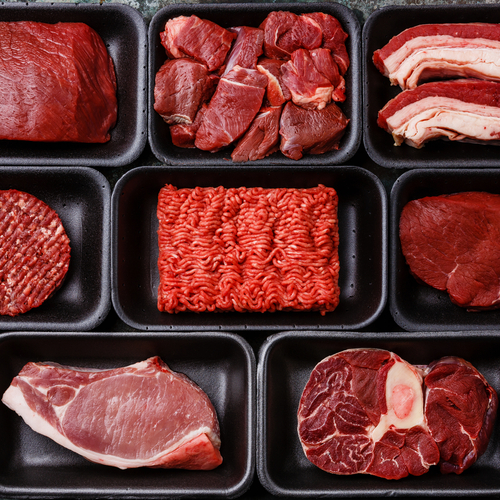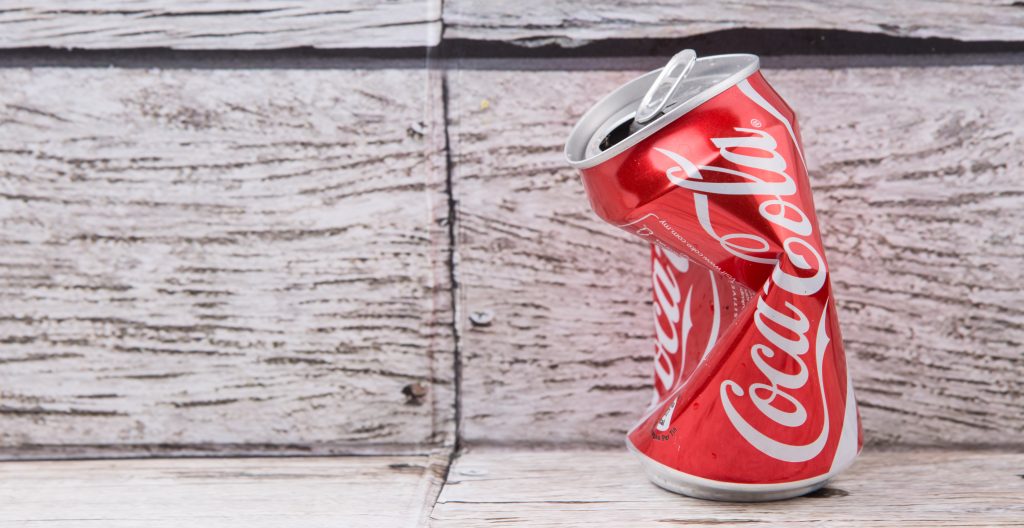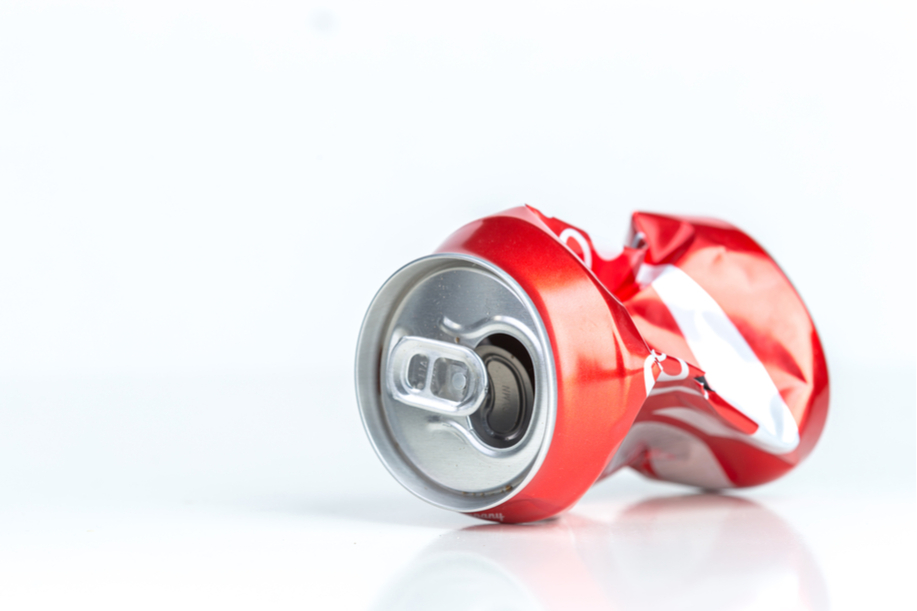Has the tide turned for salt in 2012? Salt faces regular demonization from the media, lawmakers, and food police, with the hyperbolic Center for Science in the Public Interest (CSPI) even calling it the “deadly white powder you already snort.” But as cardiologist-turned-chef Michael S. Fenster points out in The Atlantic, studies have not conclusively shown that a reduction in dietary sodium equates with a reduction in hypertension or its resulting effects.
Fenster also notes that while this theory “makes for great slogans, off the cuff advice, and lazy recommendations,” it “also makes for poor publicly mandated policy.” Big Apple Mayor Michael Bloomberg wants sodium restrictions, and the Food and Drug Administration (FDA) is looking into regulation after a recommendation by the Institute of Medicine. Many regulators (self-proclaimed or otherwise) are aiming to reduce sodium consumption by 20%. The average American consumes about 3.4 grams per day, while current recommendations suggest 1.5 grams daily.
Interestingly, Fenster writes that the government’s own recommendations note that the hypertensive effect of sodium consumption manifests at levels above 6 grams per day. Despite the fact that most Americans are consuming sodium at well below this level—not to mention that some studies now suggest that restricting sodium intake may even be harmful—the “food police” still march forward with their “silent killer” propaganda. Additionally, Fenster reminds:
The governmental recommendations are predicated on the assumption that the “taste for sodium is acquired and can be modified” (PDF). The reason sodium and chloride (the constituents of what we refer to as ‘salt’) are classified as essential minerals is that we require them to live. We are physiologically programmed, like a gazelle on the Serengeti, to seek out and consume salt should we not get a sufficient amount in our diet.
So without conclusive evidence and some studies suggesting restriction could be harmful, there really isn’t a credible reason for regulators to involve themselves in the personal choices of hungry Americans. This isn’t the first time we’ve heard a chef tell regulators to get out of the kitchen, and if food cops and their regulatory allies continue to push forward with junk science, it won’t be the last.




